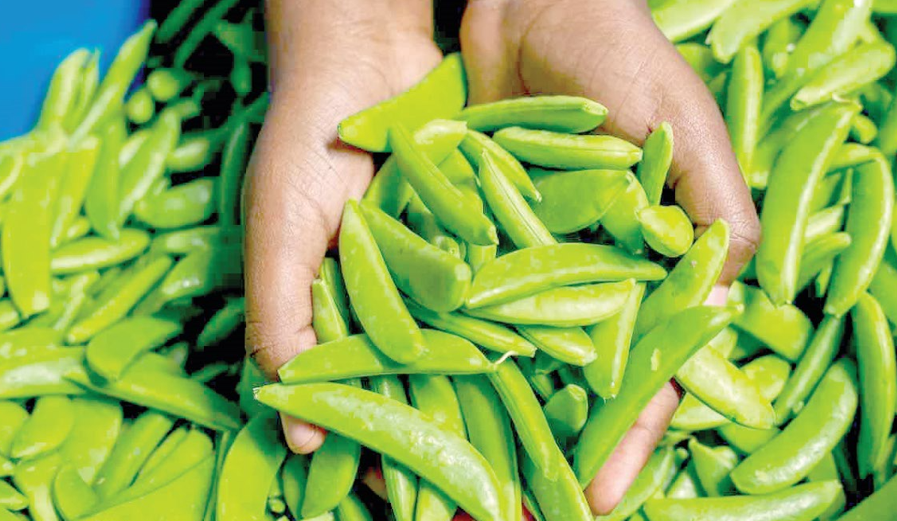State guarantees pest free fresh produce exports to Europe

The government will ensure fresh produce exports to Europe and other export destinations have achieved phytosanitary and safety measures to avoid rejection and repeated analysis at points of entry in recipient countries.
Principal Secretary for Crop Development Kello Harsama said that due to strictness by export destinations, local fresh produce has either been banned or re-tested in the laboratories thus leading to high cost of doing business.
He said in the new strategies it will also require cracking down on traders exporting substandard produce.
“Ensuring the commodities have met the outlined standards will enable Kenya to maintain and expand her share in the international market,” Harsama added. The PS made the remarks during the opening of the 4th International Phytosanitary Conference at Kenya Plant Health Inspectorate Service (Kephis) headquarters in Nairobi.
Harsama said although Kenya has recorded high cases of notifications due exceeding maximum residual levels caused by pesticides applied in the last decade, due to collaboration between the government and export destinations, the problem has reduced drastically.
“I assure export destinations that local fresh produce players have adhered to the global standards and thus consignments being shipped every day are free of foreign materials and high levels of pesticides,” he added. Kenya is the leading exporter of fresh produce to the European Union (EU) market, for example, it controls 40 per cent of cut flowers exports.
Harsama said the government has invested heavily in key regulatory agencies and putting in place key structures to help in lengthening the longevity of the produce.
Regulatory framework
Further the government he said is expanding the regulatory framework, for example, the food safety bill which is currently in parliament. He added that regular training to farmers on food standards will continue to be enhanced.
Theophilus Mutui, Kephis managing director said the institution prides itself in building capacity of the region through the Centre of Phytosanitary Excellence by training plant health and agricultural practitioners on good agricultural practices, implementation of sanitary and phytosanitary international provisions and modern diagnostics methods.
“Kephis has also put in place systems for certification of seed so that the public have access to high quality climate resilient and high-yielding seeds and propagating materials for enhanced productivity.
The presence of the International Seed Testing Association (ISTA) certified laboratory in Kephis Nakuru supports not only Kenya but the region in providing certified seed for various crops,” said Prof Mutui.












